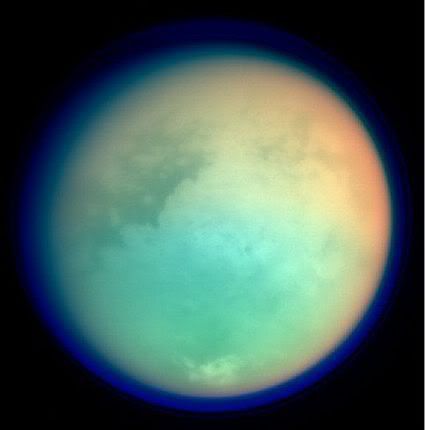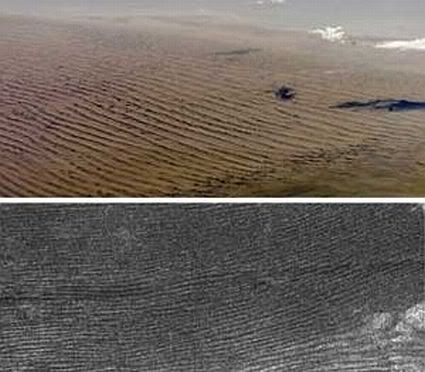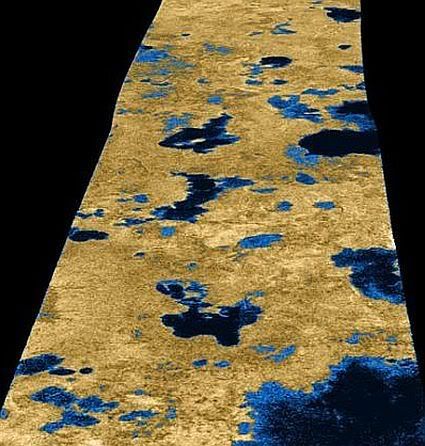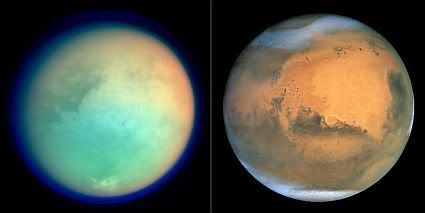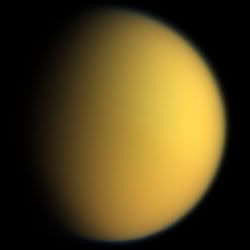Seeking life on Europa...
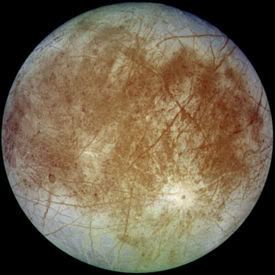
As NASA develops its next "flagship" mission to the outer solar system, Jupiter's enigmatic moon Europa should be the target, says Arizona State University professor Ronald Greeley. Although Europa lies five times farther from the Sun than Earth, he notes it may offer a home for life.Greeley, a Regents' Professor, heads the Planetary Geology Group in ASU's School of Earth and Space Exploration. He presented the Europa proposal on Feb. 18 at the annual meeting of the American Association for the Advancement of Science in San Francisco."Europa is unique in our solar system," says Greeley. "It's a rocky object a little smaller than our Moon, and it's covered with a layer of water 100 miles deep." This holds more water than all the oceans on Earth, he explains. Greeley adds that Europa also has the two other basic ingredients of life -- organic chemistry and a source of energy. Scientists have identified four candidate worlds beyond Earth that might contain life, either now or in the past, Greeley says. These four are Mars, Saturn's moons Titan and Enceladus, and Jupiter's moon Europa. Mars is the target of numerous ongoing missions, and NASA's Cassini spacecraft is studying both Titan and Enceladus at present. Cassini's results, however, show that Titan and Enceladus have temperatures hundreds of degrees Fahrenheit below zero and may not hold any liquid water.
NASA's Galileo mission surveyed Europa in the late 1990s. Greeley notes the mission found that Europa's surface ice was mixed with organic minerals that came up from the solid rocky part of the moon or were deposited by meteorite and comet impacts at the surface. Yet Galileo's results raised more questions than answers."We know Europa's surface is frozen," Greeley says. "But we don't know if it's frozen all the way down, or if there's an ocean under an ice shell."The ice thickness is a key question, notes Greeley."Ultimately, we want to get down through that ice shell and into the ocean where any action is," he says. "So it matters whether the ice is 10 yards thick, or 10 miles or more. The data we have today will never answer that question."
